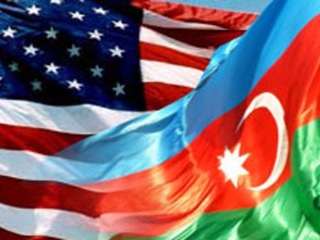"Russia Will Not Abandon the Caucasus," Putin Tells Armenia
By Haroutiun Khachatrian (the 11/12/2013 issue of the CACI Analyst)
Russia's President Vladimir Putin visited Armenia on December 3, for the third time since he took office in 2000. The visit was strategically scheduled immediately after the EU's Eastern Partnership summit in Vilnius.
“CACI Analyst, November 27, 2013”
The Strategic Context of U.S.-Azerbaijan Relations after the Presidential Elections
By Mamuka Tsereteli (the 27/11/2013 issue of the CACI Analyst)
On October 9, 2013, Azerbaijan held presidential elections and incumbent president Ilham Aliyev was re-elected for another five year term. The OSCE ODIHR observer mission, as well as the U.S. government, issued critical statements about the conduct of elections by Azerbaijani authorities that created tensions in Azerbaijan’s relationships with Western allies. Issues of concern need to be addressed, but they should not disrupt Western engagement and critical support for Azerbaijan’s sovereignty against the backdrop of assertive Russian policies to limit the Western presence in the broader Eastern European and Central Eurasian Space.

Azerbaijan's President Appoints New Minister of Defense
By Mina Muradova (the 27/11/2013 issue of the CACI Analyst)
The appointment of a new Minister of Defense in Azerbaijan is considered to be a surprising decision of newly re-elected President Ilham Aliyev, causing speculations over his reasons for changing one of the veteran ministers in the cabinet. It has been suggested that the decision to replace Safar Abiyev with Zakir Hasanov, Deputy Interior Minister and Commander of Internal Troops for the last ten years, could signal that Baku is getting ready to move from military rhetoric to action in retaking the territories occupied during the conflict with Armenia over Nagorno-Karabakh. Senior Azerbaijani officials have warned repeatedly that unless a political settlement is reached regarding Karabakh, a “military solution” is the only alternative.


